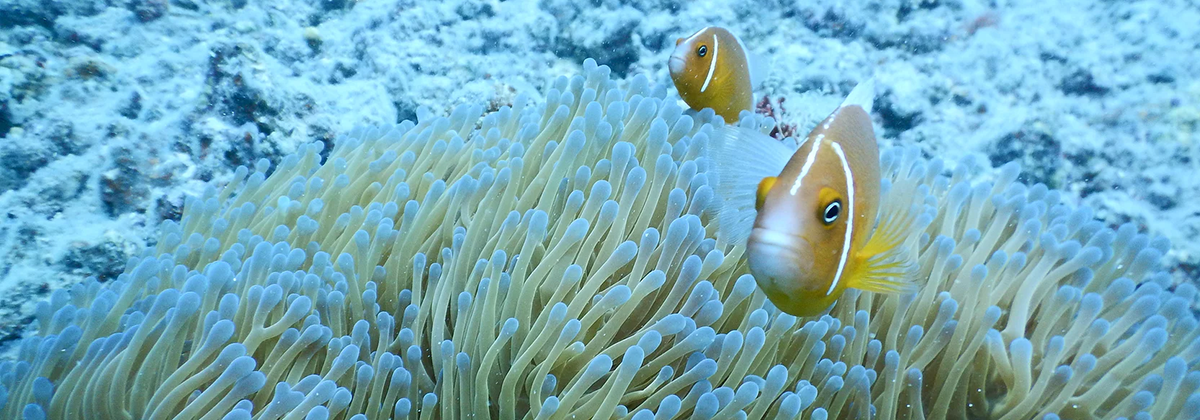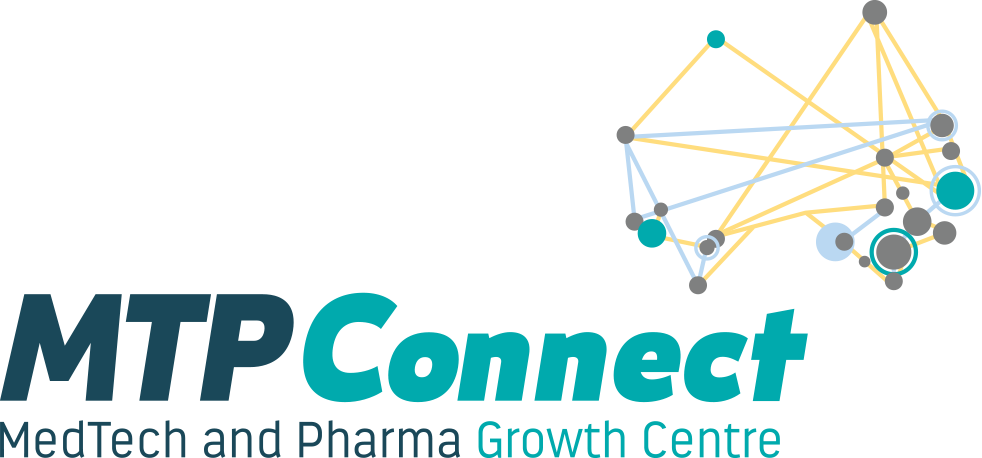Seminars Conferences and WorkshopsPostaward process for external research funding

Many researchers are unaware of what to do once they have been awarded research funding. This session will lay out the administrative requirements, the support available and generally how the process works for researchers and higher-degree research students.
This one hour session on Tuesday 29 August 2017 will address how research funding awards are processed by the Research Services Office. Attendees will be provided with an opportunity to ask questions. Register at ienrol to attend this information session.




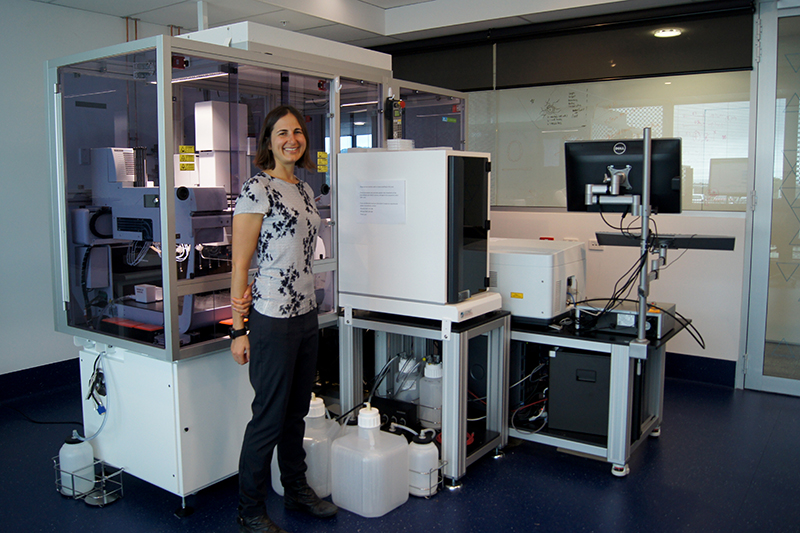

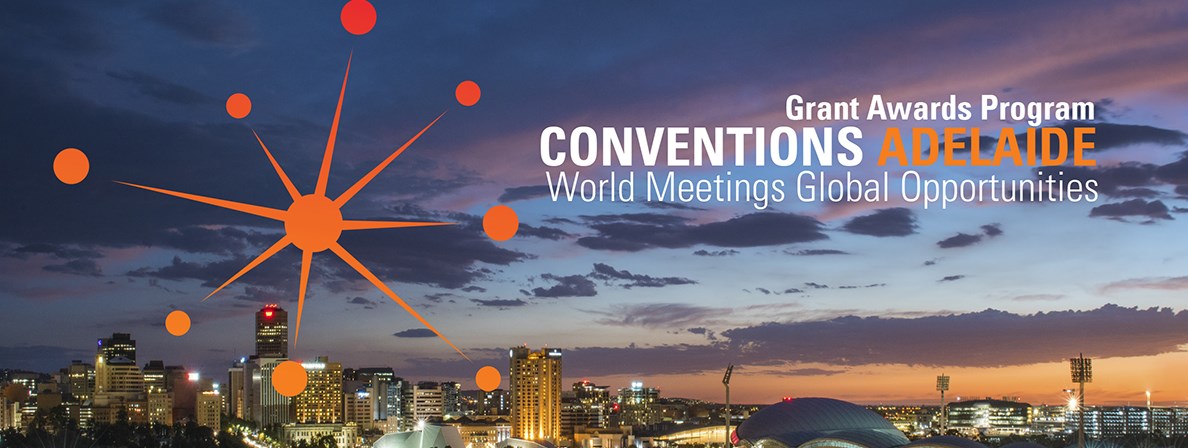
 The Federal Government's National Innovation and Science Agenda promises a whopping $1.1 billion to improving Australia's STEM education landscape. Australia's low-ranking research collaborations are a key target of this agenda. Long-term certainty for our world-class research infrastructure is fundamental for driving growth and creating the jobs of the future. Akolade’s
The Federal Government's National Innovation and Science Agenda promises a whopping $1.1 billion to improving Australia's STEM education landscape. Australia's low-ranking research collaborations are a key target of this agenda. Long-term certainty for our world-class research infrastructure is fundamental for driving growth and creating the jobs of the future. Akolade’s 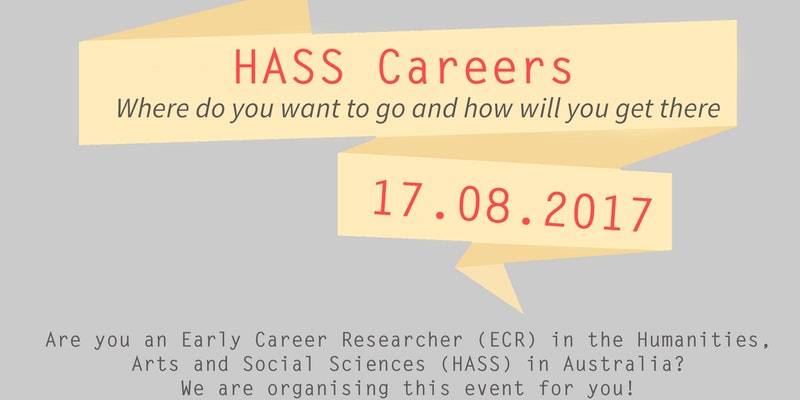

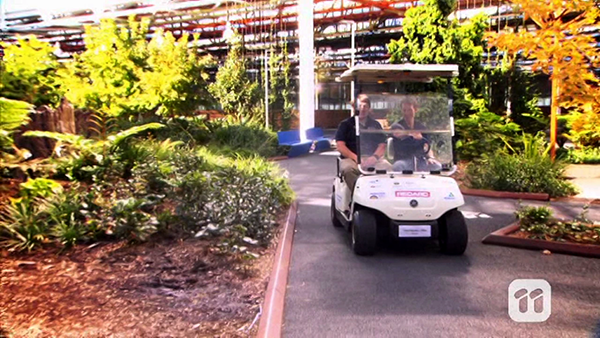
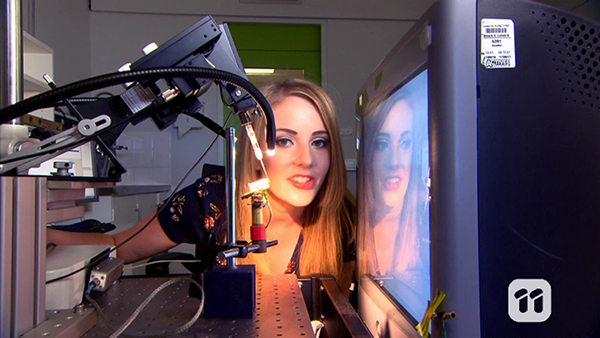
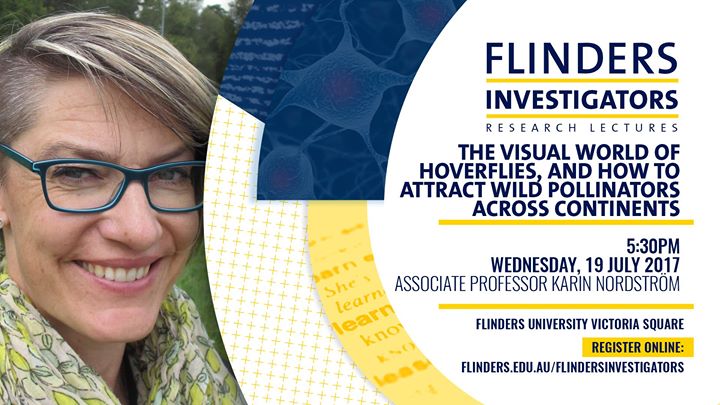

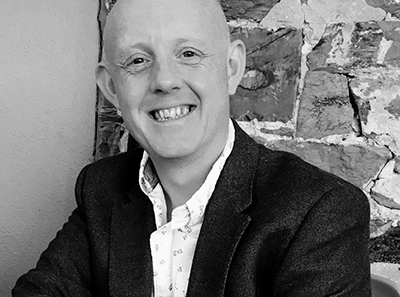 David Armstrong
David Armstrong


